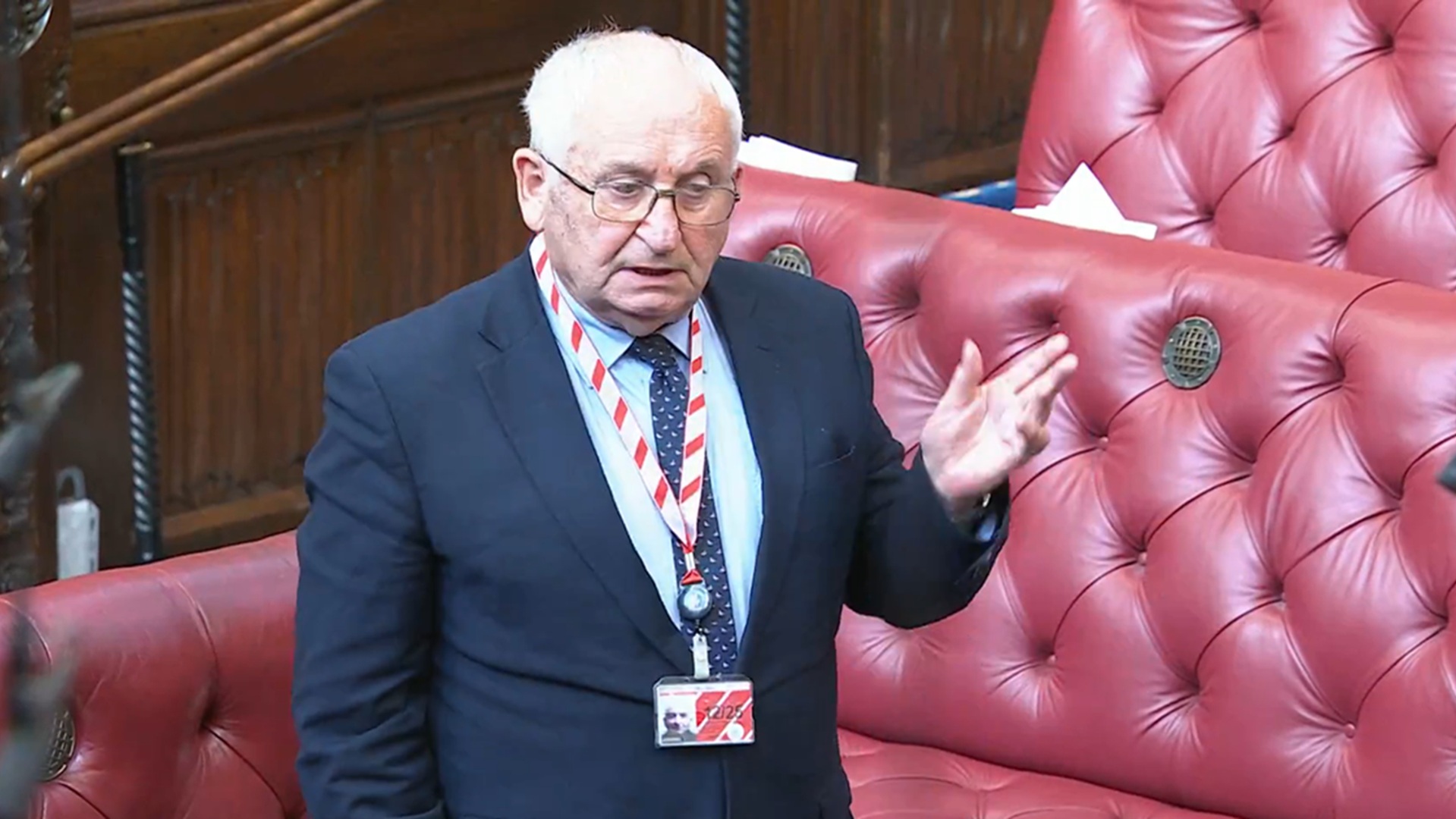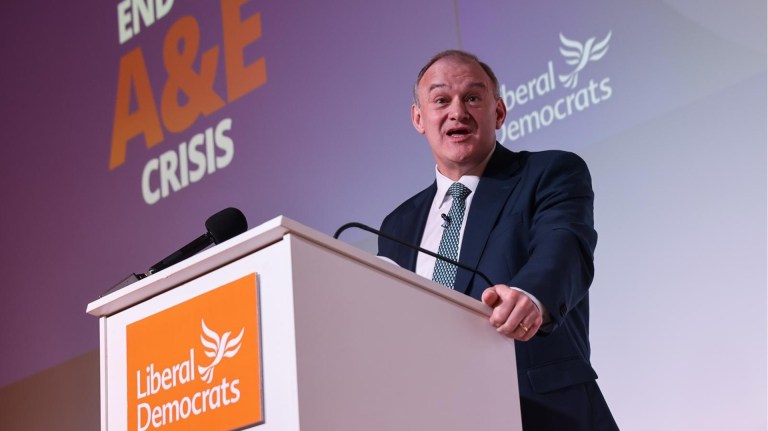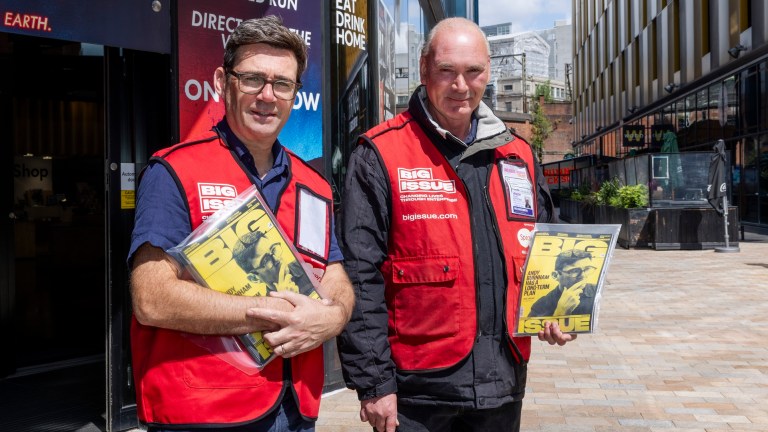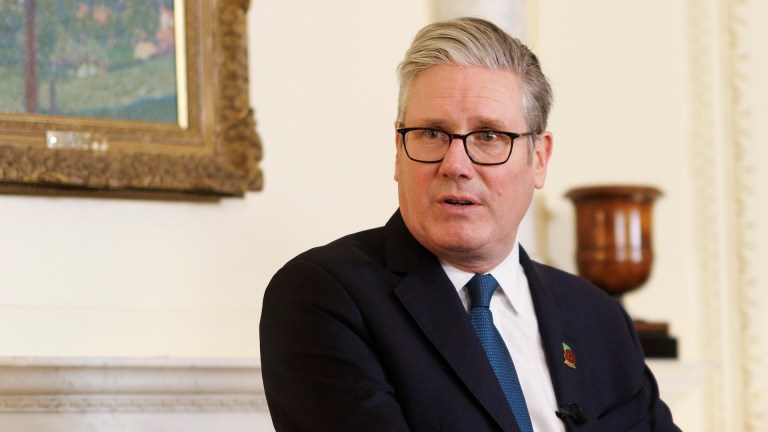Speaking in the House of Lords on Thursday, Lord Bird said: “One of the things that we could be doing is setting targets. We would be helping the government, and ourselves, to look at all the things we can do to get rid of poverty, prevent poverty and cure people of poverty.
“I do not think that being well fed at school will necessarily make enormous changes to the trajectory of your life if you have been an inheritor of poverty. That is one of the major problems that we have. We have this situation where we are always coming up with bright and clever pilots, programmes and initiatives. Governments spend an enormous amount of time doing that.
“I would love a situation where we try to say goodbye to poverty, and that will mean moving beyond these emergencies.”
There are a record 4.5 million children living in poverty in the UK and Big Issue’s Poverty Zero campaign has been urging governments to set targets to reduce poverty.
That saw Lord Bird table his amendment focused on child poverty targets in the government’s Children’s Wellbeing and Schools Bill.
The amendment attracted support from across the political spectrum in Thursday’s debate.
Advertising helps fund Big Issue’s mission to end poverty
Liberal Democrat peer Lord Mike Storey voiced his support for the amendment. He said: “We could all get involved in talking about the effects of child poverty, but the amendment is about saying, ‘We need to have targets’, and that is absolutely right. You cannot go on a journey unless you know what you want to achieve and measure as you go along.”
Labour peer Baroness Ruth Lister added: “I remind noble lords that under the last Labour government, there were targets. They were made legally binding in the Child Poverty 2010 Act, but the targets were already there, and child poverty fell.
“Under the subsequent governments, child poverty started to rise again, and it has risen. I am not saying it is just because of the targets, but the targets certainly helped to galvanise civil society, local authorities and central government.”
But Conservative peer Baroness Diana Barran, the shadow minister for education in the Lords, did not support the amendment. “Setting binding targets risks creating a hierarchy of government priorities which may not reflect emerging needs or, indeed, changing subjects. Such targets risk us focusing on specific areas rather than the underlying causes of child poverty,” she said.
Education minister Baroness Smith confirmed that the Labour government is not planning to introduce child poverty targets as part of its upcoming strategy.
Prime minister Keir Starmer has faced criticism over his government’s handling of child poverty, particularly for the decision not to scrap the two-child benefit cap.
Advertising helps fund Big Issue’s mission to end poverty
Meanwhile, the government’s own analysis has found that upcoming benefit cuts will drive an extra 50,000 children into poverty.
“Our view is that statutory targets for child poverty would not in themselves drive reductions in poverty,” said Baroness Smith. “They can be reversed, and have been in the past, so do not serve as an effective means of binding government to a specific course of action. They also risk adversely narrowing the focus of effort to moving the children closest to the poverty line over it, rather than the direct and comprehensive approach that we will take to helping children in relative and deep poverty across the United Kingdom.
“I cannot help but add that noble lords have come up with all sorts of reasons as to why things might have changed in 2010, but my view is that the defining issue in whether children get out of poverty is not whether targets are set but the nature of the government at the time. The last Labour government saw reductions in child poverty; this Labour government are committed to achieving that as well.”
Promises are easy to break. Sign Big Issue’s petition for a Poverty Zero law and help us make tackling poverty a legal requirement, not just a policy priority.
Do you have a story to tell or opinions to share about this? Get in touch and tell us more. Big Issue exists to give homeless and marginalised people the opportunity to earn an income. To support our work buy a copy of the magazine or get the app from the App Store or Google Play.





